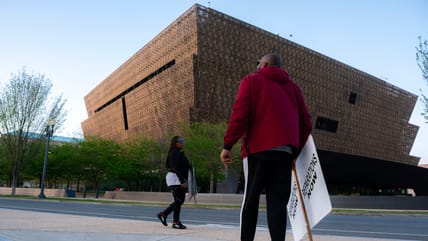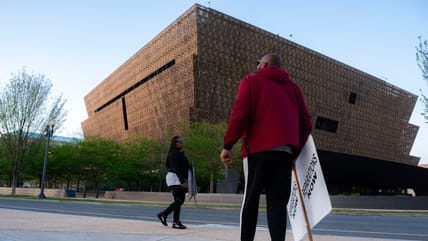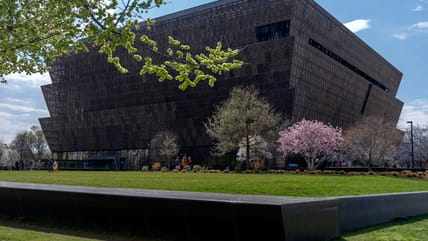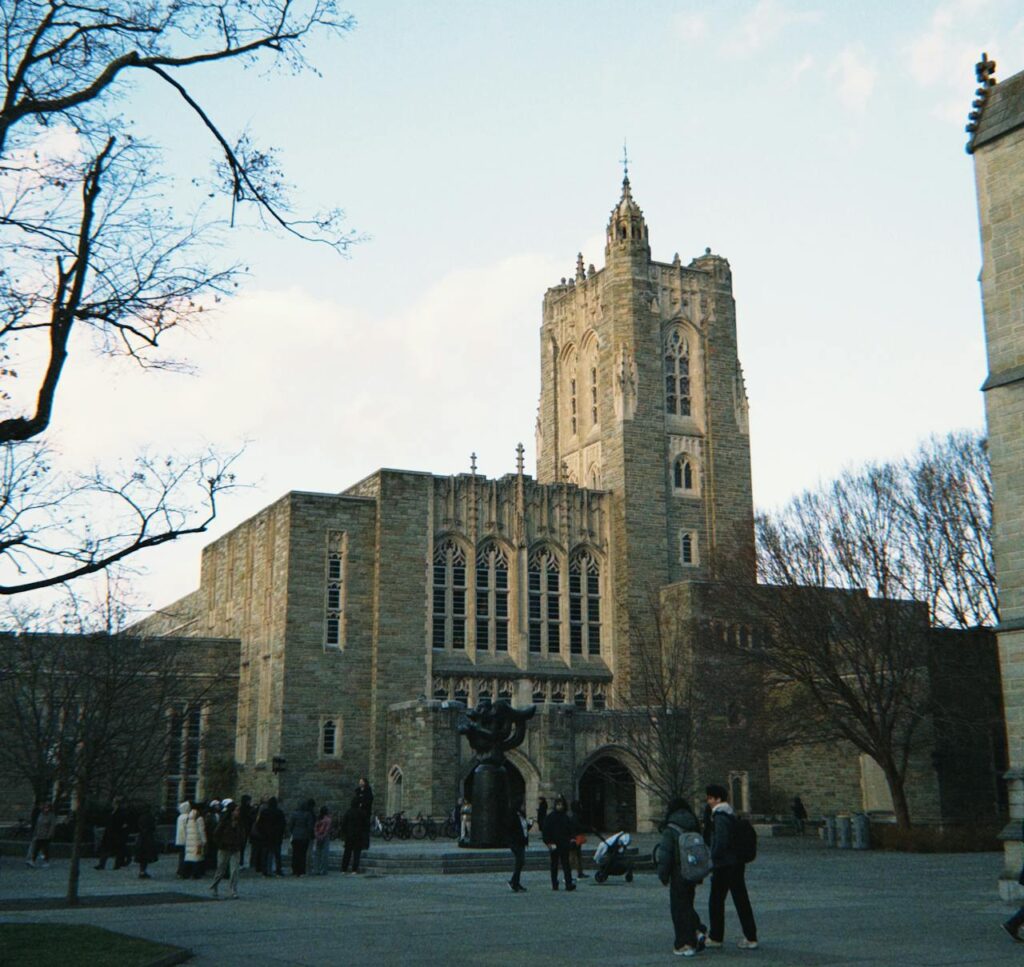Unfortunately, the government’s efforts to erase Black history continue with the most recent victim being Louisiana’s Whitney Plantation. The former plantation turned museum dedicated to educating the public about the history and legacies of slavery in the U.S. had previously received two grants from the Institute of Museum and Library Services (IMLS). However, The Guardian reports that IMLS, an organization designed to provide resources and support for libraries, museums, and archives across the country, has terminated the museum for the museum at the Whitney Plantation.
The cancellation is the latest blow in a string of moves by the Trump administration targeting diversity and equity initiatives, including cultural spaces that prioritize Black stories and historical truth. The Whitney Plantation was reportedly notified of the termination in a letter from Keith Sonderling, IMLS’s acting director.
“Upon further review, IMLS has determined that your grant is unfortunately no longer consistent with the agency’s priorities and no longer serves the interest of the United States and the IMLS Program,” Sonderling wrote, per The Guardian. “IMLS is repurposing its funding allocations in a new direction in furtherance of the President’s agenda.”
The letter cited a March 14 executive order from Trump that mandates the elimination of all “non-statutorily required activities and functions” of the IMLS — a directive from the newly created Department of Government Efficiency, or DOGE. The order gave IMLS just one week to begin dismantling itself “to the maximum extent consistent with applicable law.”
“It’s disturbing,” Ashley Rogers, executive director of the Whitney Plantation, told Verite News. “These grants like ours are going to small museums who are doing good work in communities.”
The Whitney Plantation, which opened in 2014 as the first U.S. plantation-turned-museum exclusively focused on enslaved people’s lives, labor, and legacies, was set to receive funding for an upcoming exhibit on resistance to slavery. That project, which has been in development for three years, was scheduled to open in January 2026. But now, without the second half of its funding, the Whitney Plantation stands to lose about $55,000.
Though the Whitney Plantation and its grant partners can reportedly appeal the IMLS decision, Rogers explained how frustrating the situation has been, noting that her request to receive the last of the funds from the grant in March had been approved a day before receiving the letter of its termination.
“It’s enormously frustrating,” she continued. “It’s a true waste of funds to have invested all of this time and money into a project that can’t go over the finish line because the government has already paid for most of the grant funds that they committed.”
This isn’t the first time Trump has set his sights on Black historical institutions. Earlier this year, his administration was widely criticized for targeting the Smithsonian’s National Museum of African American History and Culture, cutting back its programming and questioning its “objectivity.” For institutions committed to telling the full, unvarnished truth of this country’s past, the threat is ongoing — and very real.
“To think that the history of African Americans in the South, the history of slavery, does not align with the priorities of the United States is very concerning,” Rogers concluded.







